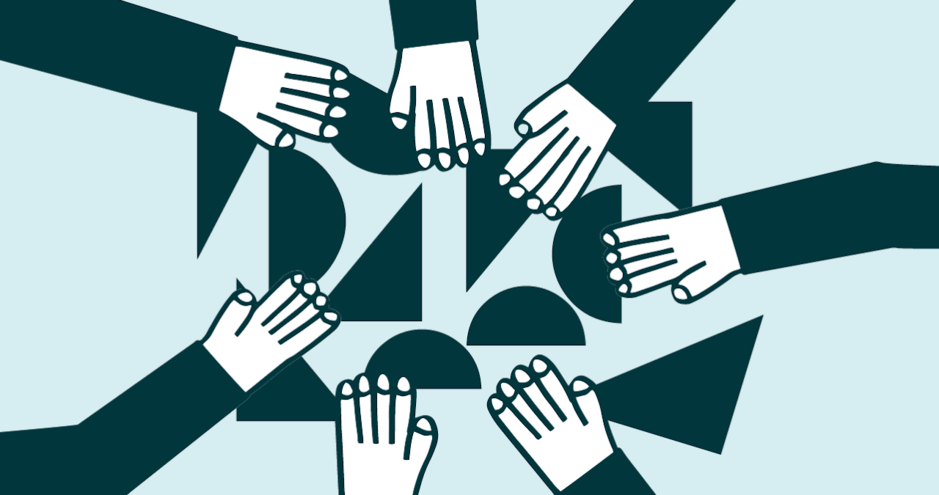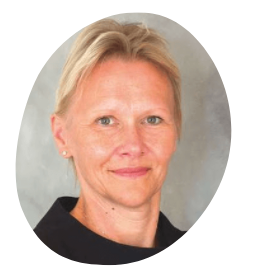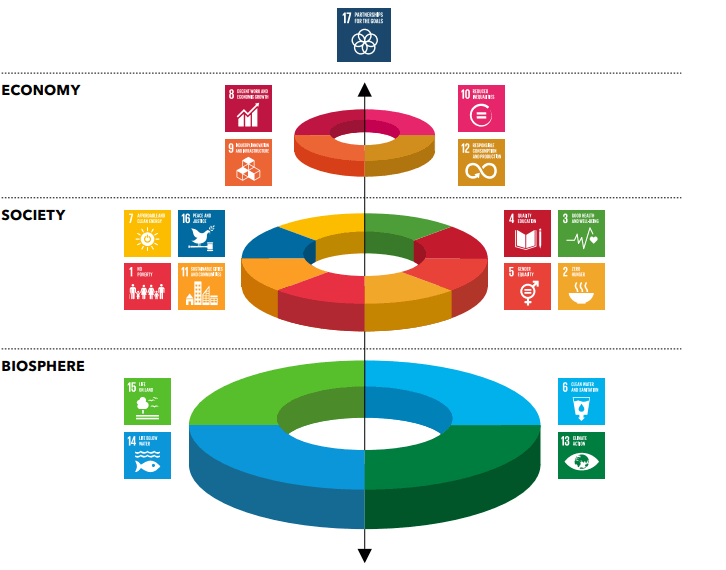SDGs: Kick off your company’s impact
In the wake of the United Nations Climate Change Conference (COP26), HEC Professor of strategy Laurence Lehmann-Ortega along with her academic team shed a new light on companies and initiatives working in favor of the United Nations’ Sustainable Development Goals with the launch of a new website: “Business Models for the SDGs”

Through this open source platform, the work of over a hundred HEC students is compiled and sorted out to inspire present and future business leaders into the adoption of sustainable models. As highlighted by HEC Professor Laurence Lehmann-Ortega:

Many people want to have an impact but simply don’t know where to start
The need for renewed business models is at the core of the transition towards a sustainable future. An increasing number of companies across the world incorporate to their activity or base their model on the United Nations’ Sustainable Development Goals (SDGs). This trend has been studied by HEC students over the years, whose work is now accessible freely via the “Business Models for the SDGs” website.
As pointed out by Professor Lehmann-Ortega, it is virtually impossible to have an impact on every single SDG with a single business model. However, these goals can be congregated into broader objectives (economy, society, biosphere) that companies can use to kickstart their transition.

The website gathers dozens of students’ projects that have been standardized into a common template reviewing a set of 7 topics:
- Context
- Business Model Innovation
- Results
- Value proposition
- Value architecture
- Profit equation
- Social Impact
Such format makes it easier to understand the core ideas behind each project. Many companies from different sectors and countries are represented, tackling a wide variety of challenges. Among them one could cite United States-based website Change.org, offering a widespread voice to causes supported by civil society, Kenyan company “M Kopa solar” granting access to solar energy to the African continent, as well as French initiative “Agricool” empowering local and sustainable fruit and vegetables producers in urban areas.
Business Models for the SDGs is continuously updated by Professor Lehmann’s students and totally free to use. More than a business resource, it has been imagined as a beacon for todays and tomorrow’s business leaders in search of inspiration for their own contribution to a sustainable future. As highlighted by SASI graduate Fabrizio Contartese:

Creating profits whilst creating a positive impact for all stakeholders requires a deeper understanding of the environment companies function in, and this coherence can represent the ultimate competitive advantage.
Business Models for the SDGs website
Msc Sustainability and Social Innovation